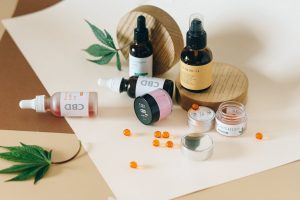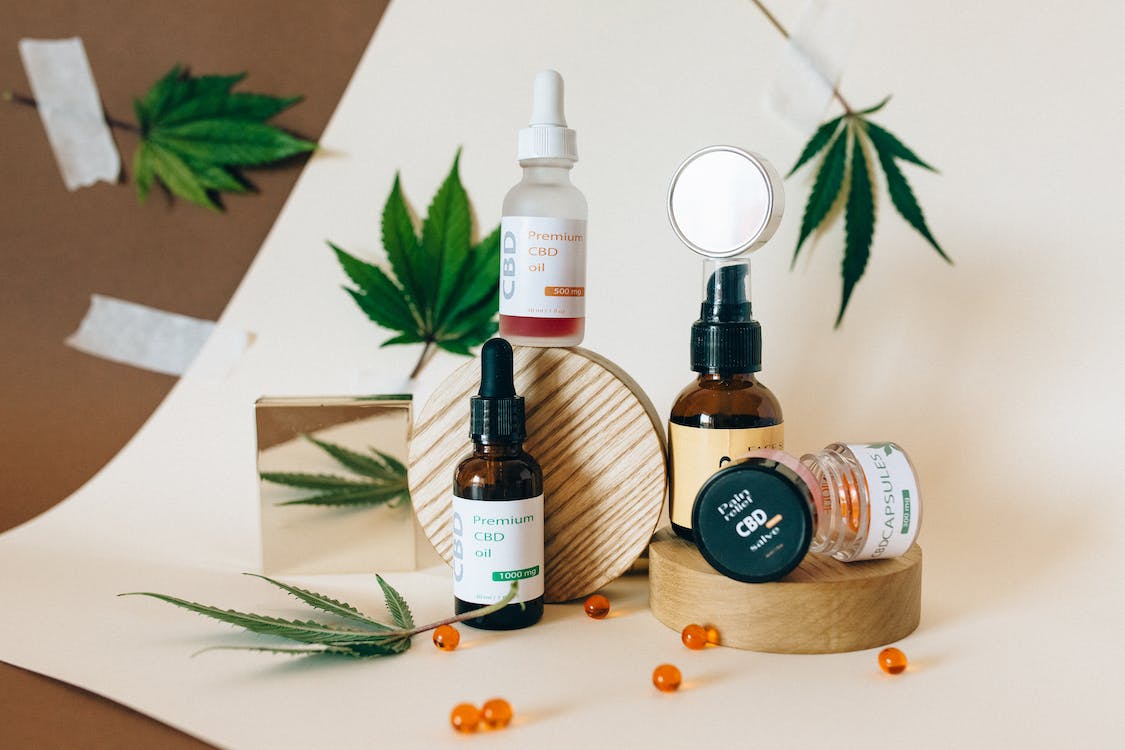Accurately Determining The THC Content In CBD Products
Introduction
Welcome to an in-depth guide that aims to answer a question that’s often on the minds of CBD consumers: How much THC is actually in my CBD product? As CBD continues to gain popularity for its potential wellness benefits, it’s increasingly important to understand the full scope of what you’re consuming. THC, or tetrahydrocannabinol, is the psychoactive component found in hemp. While some people are looking for a balanced CBD-to-THC ratio, others want to avoid THC altogether. This blog will provide you with a detailed roadmap to accurately determine the THC content in various types of CBD products, such as tinctures, edibles, oils, and flower.
Why Knowing THC Content is Crucial
Before we delve into the nitty-gritty, let’s explore why it’s so important to know the THC content in your CBD products:
Legal Implications
Different states and countries have specific legal limits on the amount of THC that CBD products can contain. Knowing these limits and how your products measure up can help you avoid legal complications.
Personal Preferences and Sensitivities
Whether you’re looking to completely avoid THC or are interested in a product that offers a balanced CBD-to-THC ratio, knowing the exact content is essential for making an informed decision. Some people are sensitive to THC and may experience unwanted effects even at low levels.
Drug Testing Concerns
For those who are subject to regular drug tests for employment or other reasons, even trace amounts of THC could result in a positive test, affecting your job or lifestyle.
The Importance of Reading the Label
Certificate of Analysis (COA)
The Certificate of Analysis (COA) is the gold standard for determining THC content. This document is usually provided by third-party labs and should be readily available on the manufacturer’s website or upon request. The COA will not only confirm the amount of THC but also provide a full cannabinoid profile, including the presence of other cannabinoids and terpenes.
Product Label
Many CBD products also list the THC content directly on the label. This information is often presented in milligrams (mg) or as a percentage of the total volume. However, it’s always a good idea to cross-reference this with the COA for the most accurate and up-to-date information.

How to Check THC Content in Different Types of CBD Products
Tinctures
- Check the COA: The COA will offer the most precise details, usually breaking down the THC content per milliliter. This is particularly useful if you’re measuring your doses with a dropper.
- Label Information: Tinctures often list the THC content in milligrams per droplet or per milliliter, making it easier to calculate your intake.
Edibles
- Check the COA: The COA will usually indicate the total amount of THC in the entire edible product, often in milligrams. This can help you understand how much THC you’re consuming per serving.
- Label Information: Most edibles have packaging that specifies the THC content per serving, allowing you to control your intake effectively.
Oils
- Check the COA: The COA will provide a detailed breakdown of the THC concentration in the oil, often down to the milligram.
- Label Information: Similar to tinctures, oils often list the THC content in milligrams per droplet or per milliliter.
Flower
- Check the COA: The COA will usually offer a percentage that indicates how much of the flower’s total weight is comprised of THC.
- Label Information: Some flower products also include this percentage on the packaging, offering another layer of transparency.
DIY Testing: An Overview
For those who enjoy a hands-on approach, there are home testing kits available. While these kits may not offer the same level of accuracy as a professional lab, they can provide a general idea of the THC content in your CBD products. These kits usually involve mixing a sample with a reagent and observing the color change to estimate THC levels.
Conclusion
Being well-informed about the THC content in your CBD products is not just a matter of personal preference but often a legal necessity. Always opt for products that offer a Certificate of Analysis and don’t hesitate to reach out to manufacturers for more information. Knowledge is power, and in this case, it’s the power to make informed decisions about your CBD consumption, or bulk CBD product purchases. Thank you for reading, and here’s to your wellness journey, empowered by the right information!
